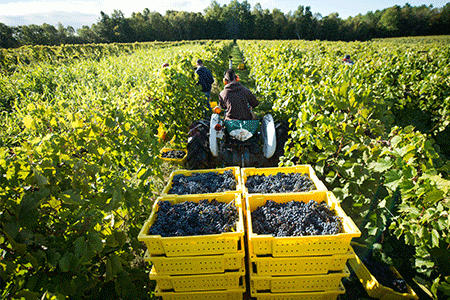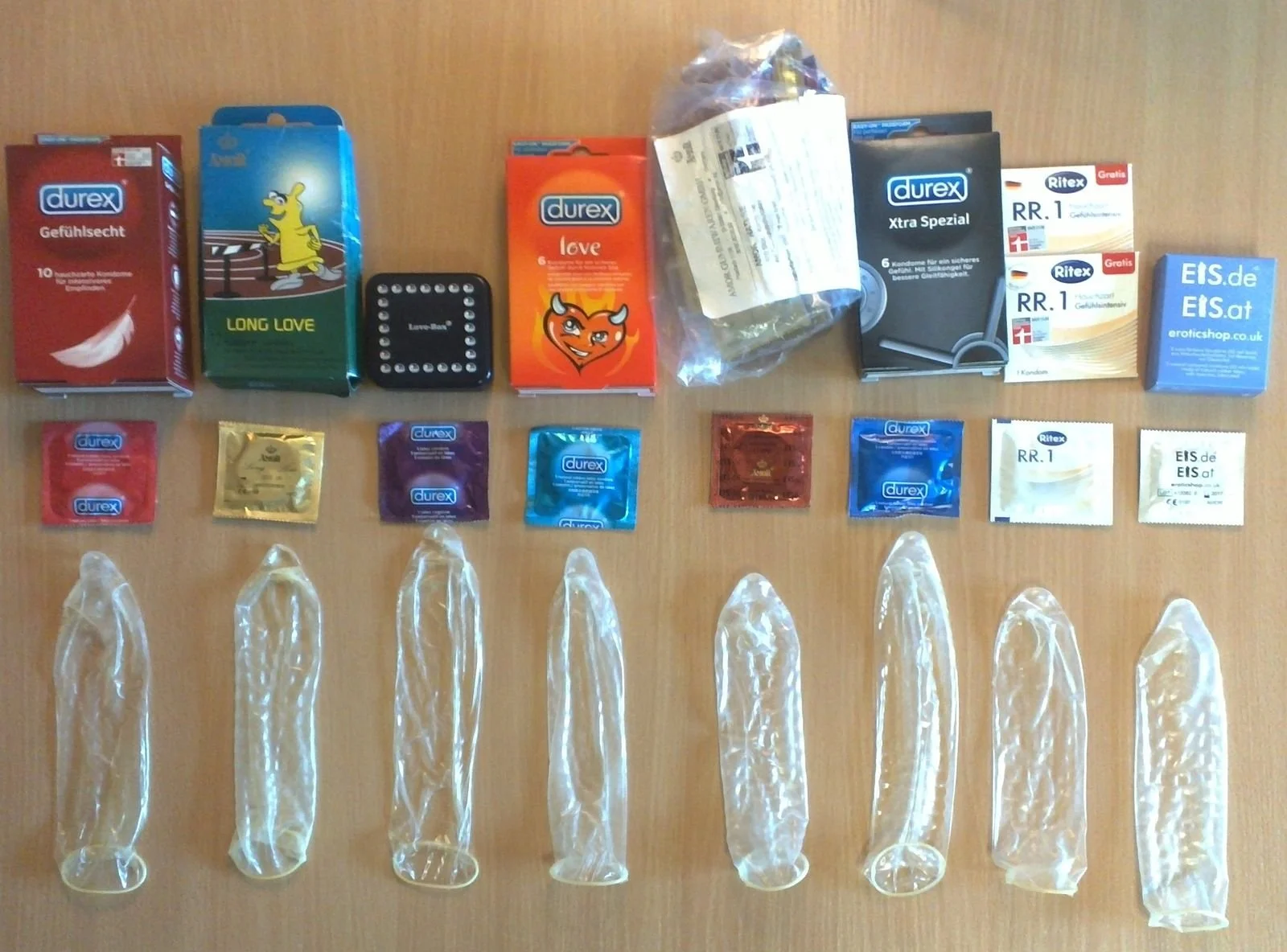Bill would give $500K to help small farmers switch up their products
Photo courtesy of the Vermont Agency of Agriculture, Food and Markets
Lawmakers are looking to create a new grant program to help small farmers diversify their products or transition from one type of farm to another.
“Diversification is one of the key components to making farms viable,” said Rep. Heather Surprenant, D-Barnard, one of the bill’s sponsors and vice chair of the House Committee on Agriculture, Food Resiliency and Forestry, in a meeting Feb. 15.
The bill, H.205, would appropriate $500,000 for the project in 2024 to be administered through the Agency of Agriculture, Food and Markets. Each grant would be capped at $15,000 to boost the number of farmers able to access the program. Recipients would have a year to complete their projects.
The goal of the program is to help small farmers start projects to help their bottom line while making their business more stable and sustainable. The bill leaves it vague as far as project ideas go, so that farmers can come up with creative ideas to use to grant money. The projects only need to involve diversifying agricultural commodities, transitioning from one form of farming to another, adding on-farm processing of agricultural products or developing on-farm businesses to supplement their primary work.
Farmers also would need to show they’d have the potential to take in additional income because of the changes they make.
The program is specifically for people who earn half of their gross annual income from farming, regardless of how much land they use, and for farmers who meet a set of standards from the state. The acreage or size of their land does not impact their ability to qualify for the grant program.
Farm diversification and transition can look like many things: Farmers who grow vegetables could look to add goats or chickens and eggs to their farm. Dairy farmers could look to start selling cheese on their farm. The program could also help farmers struggling with one type of farming transition to another. For instance, small, struggling dairy farms could switch to raising goats or crops.
“I think it's great, and it will definitely improve and be beneficial for a handful of people and operations that fall kind of in that category of — they're looking to diversify,” said AnnaJo Smith, one of the owners of Smith Family Farm in New Haven and president of the Addison County Farm Bureau.
Smith said diversification can be challenging for many farms, especially those in flux. “When you're starting off or when you're taking over a business, diversification can be really challenging because you're already dealing with trying to get everything off the ground and running,” she said.
Other aspects of the program, such as funding on-farm processing or businesses, could be helpful for farmers looking to stabilize their revenue streams.
“We do want this to be for farmers who are really dependent upon this as their primary source of income,” Surprenant said in a committee meeting March 1.
Lawmakers decided against basing farmers’ eligibility solely on acreage so that they could broaden how many people could benefit from the program. For instance, Vermont law defines small farms as those using 10 or more acres. But what about farmers using even less land?
“The idea was to be more inclusive of, say, those smaller farmers who don’t meet that 10-acreage requirement because they just are leasing 4 acres or 5 acres of land,” Suprenant said. “And that’s a lot of new beginning farmers, that’s a lot of BIPOC farmers, that's a lot of folks who are really looking to be in that sector but would be excluded from this grant.”








